Chiba Institute of Technology, Tsudanuma Campus

Founded: 1972
Address: 2-17-1 Tsudanuma,Narashino - Chiba, Japan
Phone: +81 47 4752111
Address: 2-17-1 Tsudanuma,Narashino - Chiba, Japan
Phone: +81 47 4752111
Here you find out Chiba Institute of Technology, Tsudanuma Campus complete information about fees, location, degree Chiba Institute of Technology, Tsudanuma Campus offers, number, website, and much more. Chiba Institute of Technology, Tsudanuma Campus is a leading university in Chiba - Japan.
You can also find out jobs at Chiba Institute of Technology, Tsudanuma Campus for students, teachers, and professors. We also update the database for an internship at Chiba Institute of Technology, Tsudanuma Campus for students.
The Chiba Institute of Technology (CIT) is celebrating its seventy-fifth anniversary this year. CIT was established to offer engineering education equal in quality to that in Europe and America, and to raise the industrial capacity of not just Japan but all of Asia. CIT’s prospectus states: “Cultivate individuals that possess a love of country and the desire to collect knowledge from around... the world and lead Japan and the rest of Asia in efforts to contribute to world culture.” This ideal has been passed down to the current age as the school philosophy: “Contributing to world culture through technology.” CIT has gained recognition through its achievements and long history—we are currently the second-oldest institute of technology in Japan after the Tokyo Institute of Technology, and the oldest among private institutes of technology.
CIT continues to change with the times. From the time of its establishment to Japan’s economic miracle, CIT devoted efforts to education and research that served as the foundation of Japan’s modernization and growth. Since then, CIT has established many departments—such as design, project management and advanced robotics—that are the first of their kind in Japan, in response to the demands of society to become a diverse university that has evolved beyond a simple engineering school. CIT has carved its own path and provided cutting-edge education and research results for seventy-five years. New students are sure to feel CIT’s energy and sense of momentum from the moment they enroll. Further evidence can be found in CIT’s initiatives and achievements last year, several of which are introduced below.
CIT reformed its engineering division in April 2016 from a system with three faculties and 11 departments to one with five faculties and 17 departments. After the reform, the number of applicants CIT received was the ninth highest out of the 779 universities in Japan. This fact is inspirational, since it is proof that CIT has gained even greater recognition among high school students nationwide. Around the same time, Meteor—a camera for observing meteors jointly developed by CIT and NASA—was installed in the International Space Station. The video and other images Meteor captures can be viewed live at the control room in our campus.
Our educational policy is to educate students to develop, not only high levels of professional skills and knowledge, but also international ways of thinking and a strong sense of social responsibility.
In line with this policy, undergraduate courses consist of general education subjects, which cover an extensive range of knowledge in human, social, and natural sciences and specialized subjects, which cover professional knowledge in terms of both theory and application. The general education subjects are designed to provide students with general knowledge, sometimes complemented by more specialized knowledge in order to respond to rapidly changing social and student needs. The specialized subjects gear students toward their particular career choices in the future.
We adopt a semester system consisting of eight semesters over four years for undergraduate courses, and provide remedial teaching for students who have not studied subjects at high school that are essential for taking undergraduate courses. Moreover, we have a learning support center providing individually tailored educational guidance for high school curriculums given by tutors in mathematics, physics, and chemistry.
Continuing support for students to address their problems and concerns in all aspects of university life, especially in the orientation period, is provided.
We have credit transfer agreements with 34 private universities and junior colleges in Chiba, and the Open University of Japan. Another credit transfer agreement was concluded with the Faculty of Engineering of Chiba University. Under these agreements, CIT students are permitted to take some courses at other colleges and to count the credits obtained toward the number of credits required for graduation.
The Graduate School is designed for students to continue their studies in a consistent manner from undergraduate level, and to acquire deeper knowledge and more advanced engineering skills in their respective fields. In addition, we have established an agreement for joint cooperation in education and research with the National Institute for Materials Science and the National Institute of Advanced Industrial Science and Technology.
You can also find out jobs at Chiba Institute of Technology, Tsudanuma Campus for students, teachers, and professors. We also update the database for an internship at Chiba Institute of Technology, Tsudanuma Campus for students.
The Chiba Institute of Technology (CIT) is celebrating its seventy-fifth anniversary this year. CIT was established to offer engineering education equal in quality to that in Europe and America, and to raise the industrial capacity of not just Japan but all of Asia. CIT’s prospectus states: “Cultivate individuals that possess a love of country and the desire to collect knowledge from around... the world and lead Japan and the rest of Asia in efforts to contribute to world culture.” This ideal has been passed down to the current age as the school philosophy: “Contributing to world culture through technology.” CIT has gained recognition through its achievements and long history—we are currently the second-oldest institute of technology in Japan after the Tokyo Institute of Technology, and the oldest among private institutes of technology.
CIT continues to change with the times. From the time of its establishment to Japan’s economic miracle, CIT devoted efforts to education and research that served as the foundation of Japan’s modernization and growth. Since then, CIT has established many departments—such as design, project management and advanced robotics—that are the first of their kind in Japan, in response to the demands of society to become a diverse university that has evolved beyond a simple engineering school. CIT has carved its own path and provided cutting-edge education and research results for seventy-five years. New students are sure to feel CIT’s energy and sense of momentum from the moment they enroll. Further evidence can be found in CIT’s initiatives and achievements last year, several of which are introduced below.
CIT reformed its engineering division in April 2016 from a system with three faculties and 11 departments to one with five faculties and 17 departments. After the reform, the number of applicants CIT received was the ninth highest out of the 779 universities in Japan. This fact is inspirational, since it is proof that CIT has gained even greater recognition among high school students nationwide. Around the same time, Meteor—a camera for observing meteors jointly developed by CIT and NASA—was installed in the International Space Station. The video and other images Meteor captures can be viewed live at the control room in our campus.
Our educational policy is to educate students to develop, not only high levels of professional skills and knowledge, but also international ways of thinking and a strong sense of social responsibility.
In line with this policy, undergraduate courses consist of general education subjects, which cover an extensive range of knowledge in human, social, and natural sciences and specialized subjects, which cover professional knowledge in terms of both theory and application. The general education subjects are designed to provide students with general knowledge, sometimes complemented by more specialized knowledge in order to respond to rapidly changing social and student needs. The specialized subjects gear students toward their particular career choices in the future.
We adopt a semester system consisting of eight semesters over four years for undergraduate courses, and provide remedial teaching for students who have not studied subjects at high school that are essential for taking undergraduate courses. Moreover, we have a learning support center providing individually tailored educational guidance for high school curriculums given by tutors in mathematics, physics, and chemistry.
Continuing support for students to address their problems and concerns in all aspects of university life, especially in the orientation period, is provided.
We have credit transfer agreements with 34 private universities and junior colleges in Chiba, and the Open University of Japan. Another credit transfer agreement was concluded with the Faculty of Engineering of Chiba University. Under these agreements, CIT students are permitted to take some courses at other colleges and to count the credits obtained toward the number of credits required for graduation.
The Graduate School is designed for students to continue their studies in a consistent manner from undergraduate level, and to acquire deeper knowledge and more advanced engineering skills in their respective fields. In addition, we have established an agreement for joint cooperation in education and research with the National Institute for Materials Science and the National Institute of Advanced Industrial Science and Technology.
Read More
Details:
LeaderShip: President: Kazuhito Komiya
Fees:
Time:
Phone Number: +81 47 4752111
City: Chiba
Fees:
Time:
Phone Number: +81 47 4752111
City: Chiba
Timing:
Country: Japan
Staff: 549
Website: http://www.it-chiba.ac.jp
Country: Japan
Staff: 549
Website: http://www.it-chiba.ac.jp
Subjects:
Jobs in Chiba Institute of Technology, Tsudanuma Campus
Currently, there is no job opening in Chiba Institute of Technology, Tsudanuma Campus as per our database.

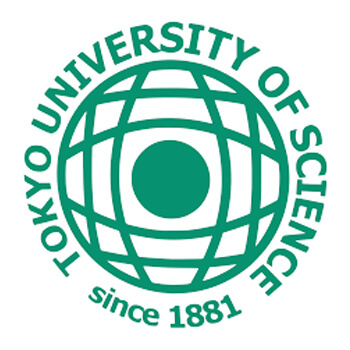
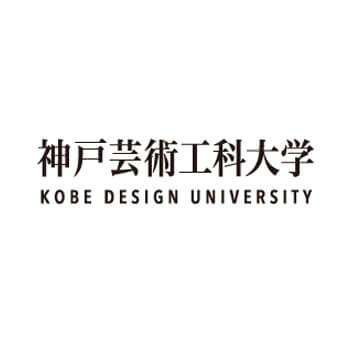
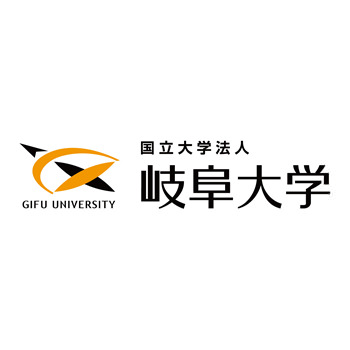
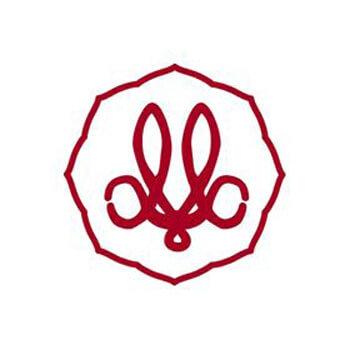
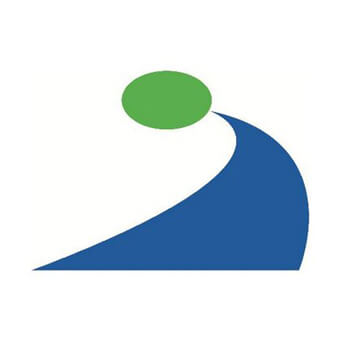
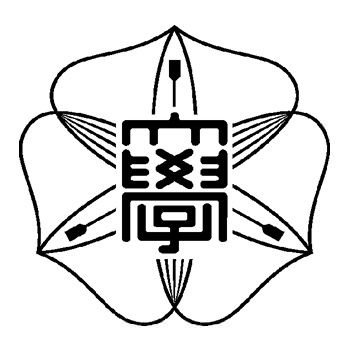
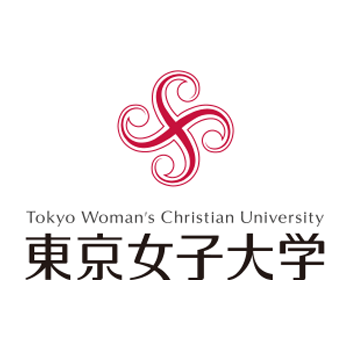
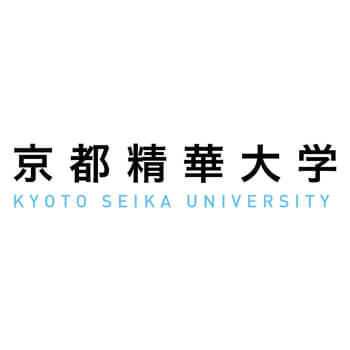










Leave a Reply